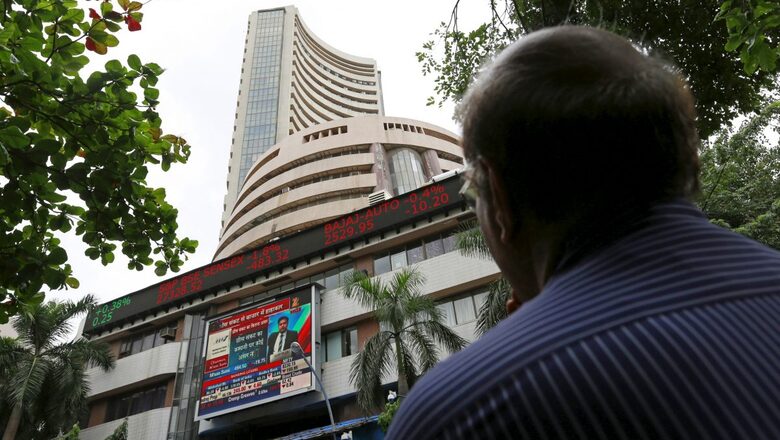
views
If you are browsing about the ways to invest your money into the stock market, certain terms might have come in your way, which appear too ‘technical’ when heard. For a new investor, diving into the markets becomes patchy when the person is unable to understand the basic terminologies, which are crucial to operate in that space.
Right from knowing what is a Demat account, depository participants to knowing NSDL and CDSL, the information for any investor is a must before they actually put the money into the markets.
What is a Demat account?
A Demat Account (dematerialisation account) is where your shares will be held digitally. It is used to keep your shares and other securities in an electronic format.
It makes the process easier of holding your investments like shares, bonds, government securities and mutual funds.
What is a Trading account?
A trading account is a bridge between your Demat and bank account. When an investor buys a certain number of shares, the first step is to transfer the amount from the bank account to the trading account. After the money is credited, the transaction is initiated.
Similarly, when an investor sells a certain number of shares, the amount of the transaction is credited to the trading account.
A trading account is simultaneously created with the Demat account.
How to open a Demat account?
To open your Demat account, you first need to select a Depository Participant, of your convenience.
What is a Depository Participant?
Depository Participant is a mediator between CDSL and NSDL (two depositories in India), and traders and investors. Depository Participants include banks and finance companies as well.
Typically, Depository Participants are stock brokerage firms that provide investors with the service of opening Demat and trading accounts along with providing a trading platform, market reports and other services.
A Depository Participant is a facilitator for holding of securities in the dematerialised form and an enabler for securities transactions.
Zerodha, Motilal Oswal Financial Services, HDFC Securities Limited and Kotak Securities Limited are a few examples of Depository Participants.
What is a Depository?
A depository can be compared to a bank. A depository holds securities (like shares, debentures, bonds, Government Securities, units etc.) of investors in electronic form. Besides holding securities, a depository also provides services related to transactions in securities.
A depository interfaces with the investors through Depository Participants. If an investor wants to avail the services offered by the depository, the investor has to open an account with a Depository Participant.
What is NSDL?
National Securities Depositories Ltd (NSDL) is one of the two depositories in India.
What is CDSL?
Like NSDL, Central Securities Depositories Ltd is also a depository.
Difference between CDSL and NSDL
Both the depositories hold your financial securities, like shares and bonds, in dematerialised form and facilitate trading in stock exchanges.
Both NSDL and CDSL maintain ownership records of financial securities. Depository Participants link investors with depositories.
NSDL has National Stock Exchange (NSE) as the primary operating market, CDSL’s primary market is the Bombay Stock Exchange (BSE).
These Depositories are regulated by a statutory body called, Securities and Exchange Board of India.
Read all the Latest Business News here




















Comments
0 comment